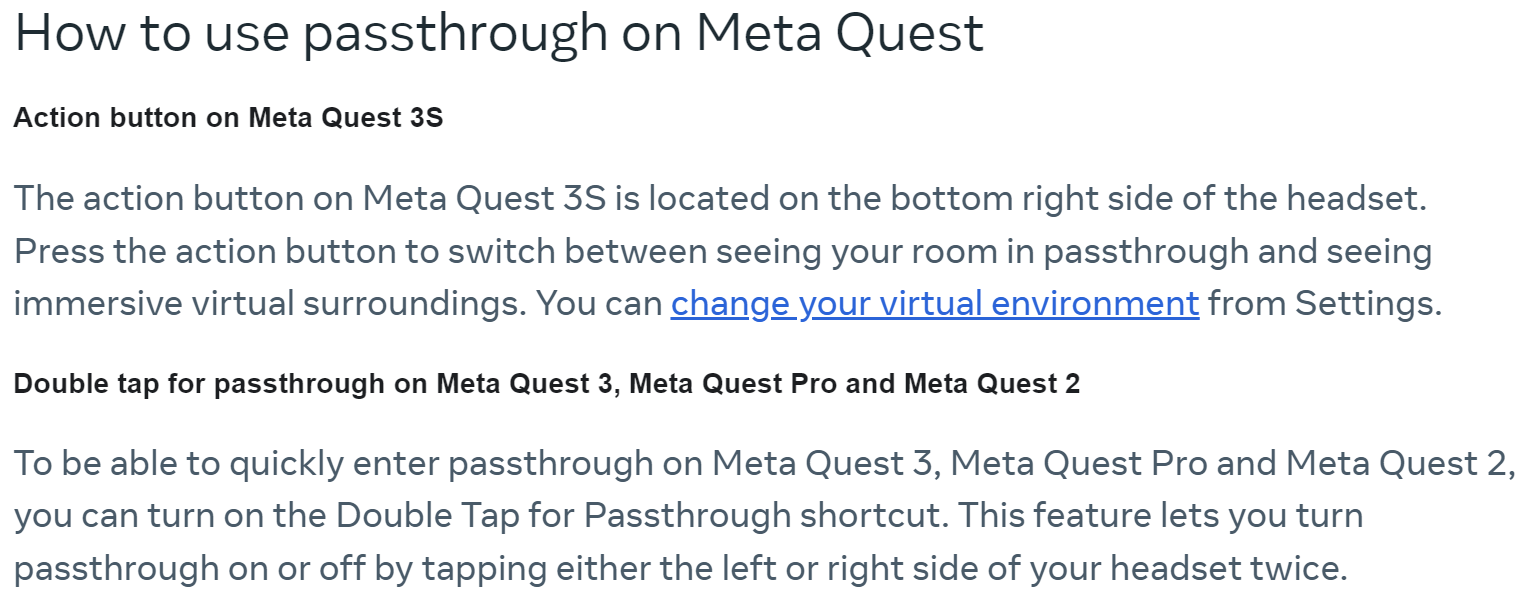MetaMeta expects “losses” from its unit called Reality Labs to increase in 2024.
Reality Labs is the division of Meta, responsible for Quest helmets, smart glasses, Meta Avatars, Horizon and other products forAR glassesand itsneural wristbandDevelopment of input devices.

During today's third-quarter earnings call, Meta reported that Reality Labs generated $210 million in revenue during the quarter against costs of $3.95 billion, resulting in a $3.7 billion "loss."
That's slightly lower than last year's Q3 revenue, but that's not surprising. The third quarter ended on September 30, which means it doesn't include sales of the Quest 3, which few people will buy in the first few months of its successor's availability. We should see the launch of Quest 3 in next quarter's earnings report.
Meta's Reality Labs unit has lost more than $11 billion this year so far. However, it would be financially correct to describe it as a loss, but in reality a more accurate description would be a long-term investment. XR headsets like the Quest are still relatively early-stage technology and far from mature, and Meta hasn't even launched its first AR glasses yet. Reality Labs spent more than 50% on the research and development of AR glasses.

Meta's CFO Susan Li said she expects Reality Labs' losses to increase in 2024 due to "continued product development efforts" and "investments to further expand our ecosystem."
"Product development" here likely refers to at least the AR glasses, but could also refer to the upcoming Quest headset. Meta is reportedly planning to launch a more affordable VR-oriented headset than the Quest 3 next year, possibly called the Quest 3 Lite, and is said to be working with LG on a 2025 Quest Pro 2.
What "investing to further expand our ecosystem" means is less clear. This could also be a reference to the Quest 3 Lite, which is expected to sell far more than the Quest 3, or it could be a reference to VR content and developer funding. Meta funded two AAA Quest games this year, Asgard's Wrath 2 and Assassin's Creed Nexus, and has acquired eight studios that may launch more games next year. It also continues to invest heavily in its "Metaverse" platform Horizon, which it recently expanded into mobile and web, and has built a state-of-the-art studio to release high-quality games.




